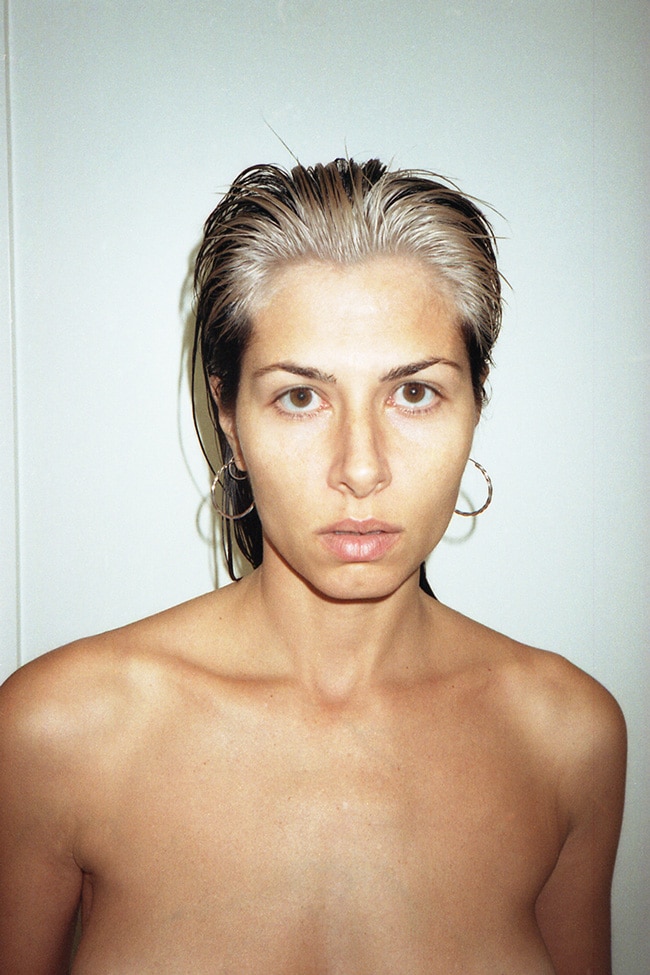The internet isn’t listening to your conversations. But that doesn’t mean you shouldn’t be worried

If you have ever felt the sensation that your social media channels are slyly eavesdropping on your personal conversations only to spit majorly personalised ad content on your feed, then this new project sponsored by Mozilla and co-created by artists Tega Brain and Sam Lavigne is just what the doctor ordered. For the techno-paranoid walking amongst us, The New Organs is a quirky platform where you, and others like you, can relieve this long built up suspicion. Breathe, what a relief. Upon entering the website users are greeted with a comforting question, “Does the Internet know more about you than you think it should?” If the answer is yes, simply scroll down and tick the relevant statements from a list that includes examples such as “I see ads for things I dream about” and “Ads know things about me that I haven’t told anyone.”
The thing is, while the two artists have reportedly received more than 700 submissions of uncanny fables of ad targeting for which very few of us have a plausible explanation, it would be outright illegal for companies to do so. Back in 2016 when everyone was convinced their phones were being ‘hacked’, Facebook denied the theories in a public statement, assuring the world that “This is not true. We show ads based on people’s interests and other profile information – not what you’re talking out loud about.” Two years and one Cambridge Analytica Senate Testimony later, it has been concluded that no, our social media platforms do not listen to our conversations as beyond legality, this type of targeting would require the storage of vast amounts of data and the assistance of highly specialised machine learning to pick up targetable sentences such as “I want pizza”.

But maybe that breath of relief was preempted, because the real explanation for why so many of us feel as though we are being stalked by our beloved social media platforms is much, much more worrying and relates back to the honesty of the statement Facebook released in defence. Indeed no speakers are being accessed as the ads that are shown to you are an amalgamation of your likes, dislikes; your Google maps whereabouts, where you eat, where you shop (information that is passed to social media through banks and other services we use), and lastly and perhaps most importantly—exactly the same extent of information gathered on your friends. All of this data is clumped together and used to make profiles about users that are sometimes banal: online shopper, vegetarian, lives within five miles of a Tesco or Poundland. And sometimes slightly more invasive, such as: recently broken up, separated from family and suffers from a certain medical condition.
Within this breadth of information about you and everyone around you, ads can take on an uncanny zeitgeist twist and begin to seem as though they are reading your thoughts, infiltrating your dreams and eavesdropping on your pillow talk insights. Because as much as our psyche urges our mind to believe we are uniquely individualistic, what our consumer selves desire has been largely influenced by what our surrounding desires; what is trending, the conversations we have and in turn the dreams we dream. Just a few months ago Amelia Tait conducted a thorough conversational experiment for the New Statesman to test the tapped microphone theory—and concluded that no, social media is not listening to our conversations. But, as rightly said, rather than worrying that our privacy is outright breached, we should “worry about the multitude of smaller privacy invading scandals that have allowed Facebook to get so much information on you.”




